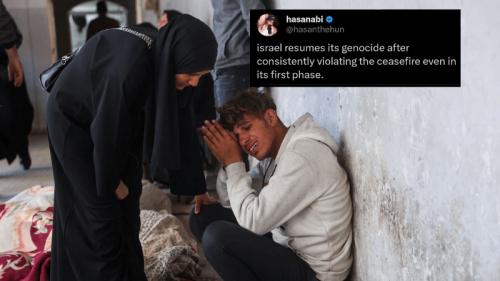LAHORE: The World Health Organisation (WHO) has generated a country-wide ‘public health alert’ to stop the use of substandard insecticides, fearing that the WHO-approved products will no longer be effective to eliminate mosquitoes spreading dengue virus if this practice is not checked immediately.
It has particularly addressed the Punjab government to ensure implementation of a global treaty -- Stockholm Convention 2000 -- and take criminal action against “the mafia which has launched locally manufactured insecticides and selling the same using WHO label,” an official told Dawn.
The organisation says aedes mosquito is getting stronger with every passing day due to massive use of the substandard pesticides.
The WHO was using last group of pesticides – pyrethroids – and if the same lost its efficacy, the programme to eliminate dengue and malaria diseases will suffer a country-wide blow, said the official.
“Currently, the WHO-approved insecticides will not be effective to kill next generation of aedes mosquitoes if proper measures are not taken,” he quoted the WHO as saying.
He said the WHO had also insisted upon the Sindh and KPK governments to make procurement of anti-dengue and anti-malaria insecticides under the Global plan for Insecticide Resistance Management in malaria vectors (GPIRM) like other provinces had done.
The WHO says as two provinces are not making procurements under GPIRM for long, the ratio of efficacy of insecticides in malaria has dropped below 80 which is a dangerous sign.
He further quoted the WHO as saying that the ratio of resistance in aedes mosquito was also gradually increasing due to massive use of locally manufactured insecticides.
The WHO alert communicated ‘serious’ message after the dengue virus had reached 35 cities of the country in the current peak season of the disease. Among them Karachi and Swat are the two most vulnerable cities which have reported dengue fever deaths.
“Islamabad is heading towards next most high-risk city from where the huge reserves of the vector were found recently,” the WHO said.
“Pakistan is signatory to Stockholm Convention 2000, agreeing to ensure the rational use of public health pesticides and to ensure use of quality assured products with minimum risk to environment and human health”, the health alert said.
The WHO insisted on the use of WHOPES recommended products in the pest control programmes.
“As per national policy guidelines 2007, in Pakistan only products meeting the WHOPES/FAO standards can be used for pest control of public health importance.”
It said the products which were not from WHOPES pre-qualified source, contained the higher quantities of impurities which were the major cause of skin and other cancers.
“Non-qualified products are environmental hazards contaminating environment, food stuff and underground water sources,” the WHO said. It said “the products which are not from pre-qualified sources contain excipients (binding agents) which do not allow the release of required amount of pesticide to kill the vectors of public health importance, thus increasing the chances of development of resistance in prevalent vectors.”
The current WHO Global Plan for Insecticide Resistance Management insists on the use of carefully selected pre-qualified products to minimise the chance of insecticide resistance development in dengue and malaria vector which is the major challenge to vector-borne disease control programmes.
“Therefore, it is communicated that no local product should be labelled with WHO reference to misguide common people and VBD control programs. There is no doubt that the local products are from non-qualified sources and have no place in vector control programmes and can lead to resistance,” the WHO warned.














































